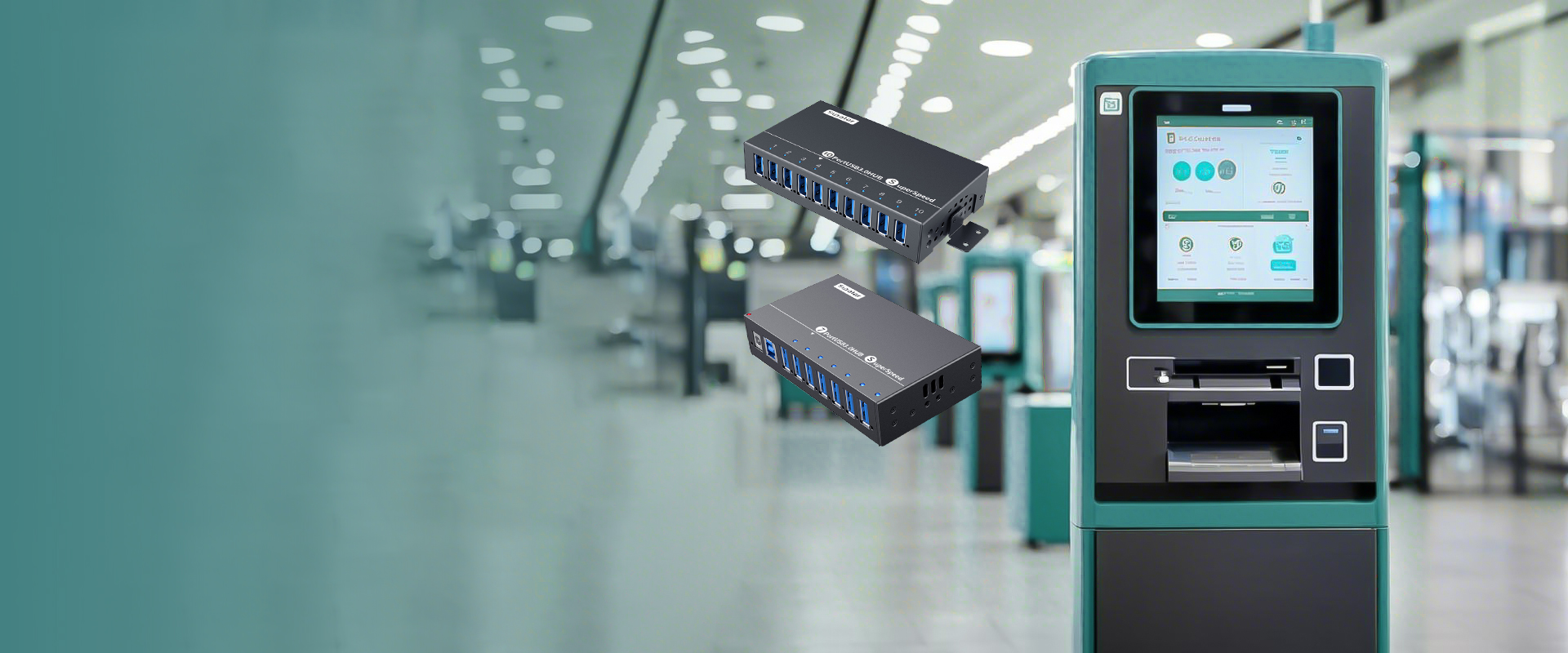In an era where over 2.5 billion devices are connected globally, the role of supply usb hubs in facilitating seamless connectivity cannot be overstated. These devices serve as critical junctions for data transfer and power distribution, particularly in transportation systems that rely heavily on technology.
Understanding the Characteristics of Supply USB Hubs
A supply USB hub is designed to expand the number of available ports for connecting multiple devices simultaneously. Its transportation attributes include robust durability and compact design, which make it suitable for various transport environments—from logistics centers to mobile units. Moreover, these hubs often feature advanced power management capabilities that ensure efficient energy use during transit operations. In terms of Transportation Planning, integrating supply USB hubs can streamline communication between different technological components within vehicles or shipping containers.
Examining the Role of a 10 Port USB Hub 3.0 in Transportation Planning

The 10 port usb hub 3.0 exemplifies enhanced functionality with its ability to support high-speed data transfers while accommodating numerous connections at once—up to ten devices concurrently without compromising performance. This characteristic is particularly beneficial in Transportation Planning as it allows fleet managers and logistics coordinators to monitor vehicle diagnostics and track shipments efficiently through real-time data access from multiple sources simultaneously. The increased bandwidth provided by this hub type ensures that large volumes of information can be processed swiftly, thereby improving decision-making processes related to route optimization and resource allocation.
An In-Depth Look at Sipolar’s Contribution to Transportation Planning
Sipolar stands out as a notable player in the realm of supply USB hubs due to its innovative designs tailored specifically for demanding transportation applications. Their products often incorporate features such as surge protection and heat dissipation mechanisms which enhance reliability under varying environmental conditions encountered during transport operations. Furthermore, Sipolar’s commitment to sustainability aligns well with modern transportation planning initiatives aimed at reducing carbon footprints through more efficient electronic solutions.
Conclusion
In summary, supply USB hubs play an indispensable role in enhancing efficiency within Transportation Planning frameworks by providing reliable connectivity options across diverse platforms. With specific models like the 10 port USB hub 3.0 offering superior speed and capacity alongside brands like Sipolar ensuring robustness against operational challenges, these tools are essential for optimizing both logistical workflows and technological integration throughout modern transport systems.
